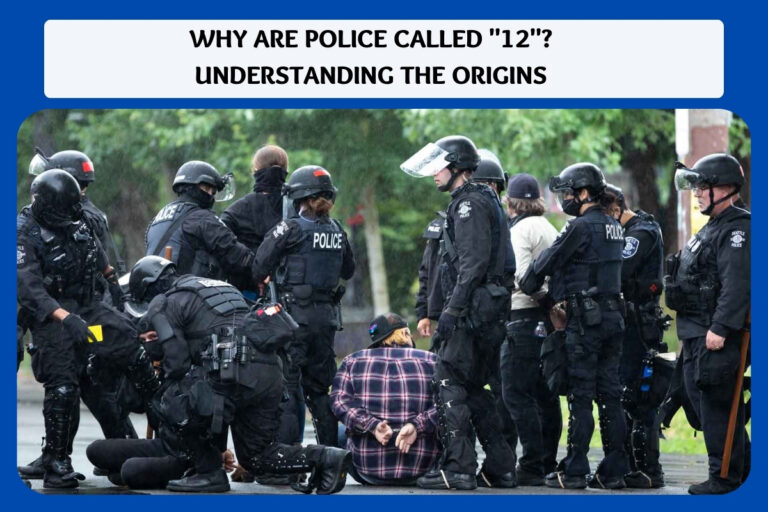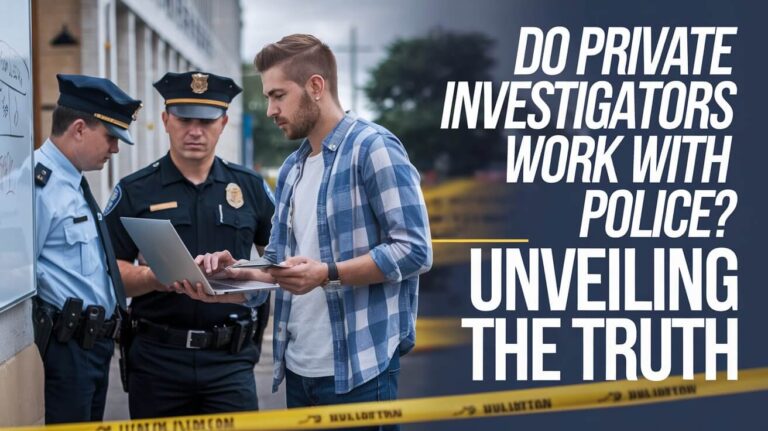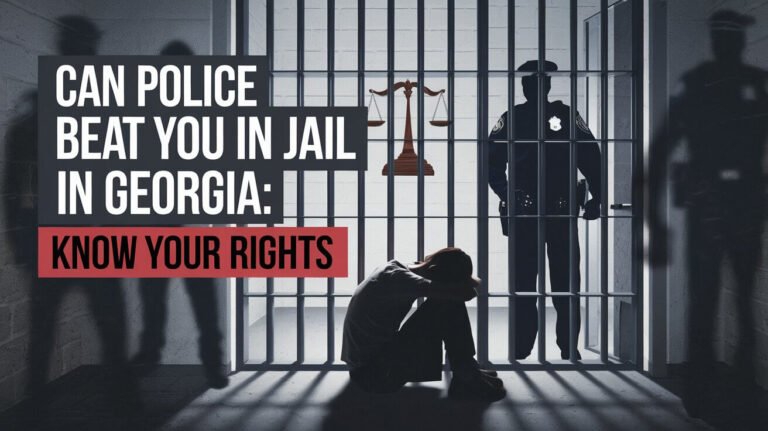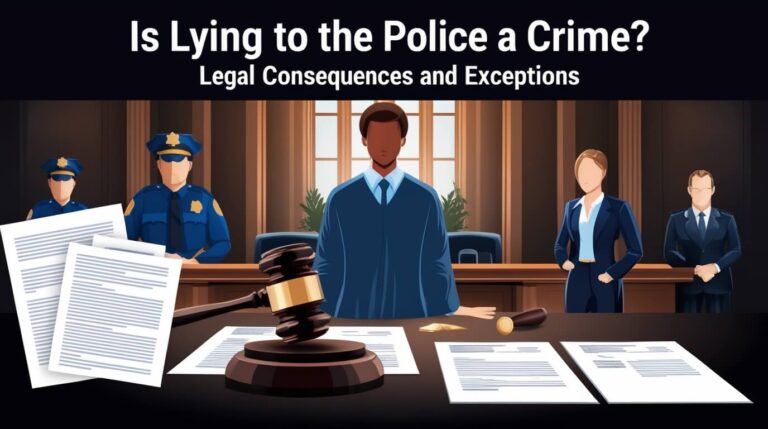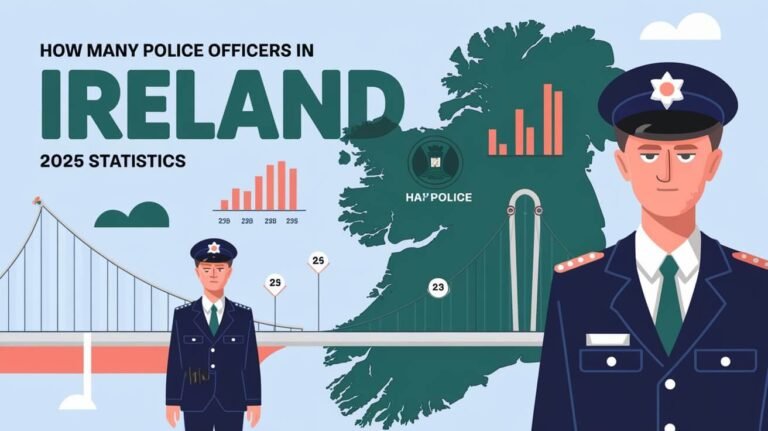How Long Is Police Academy Training? A Comprehensive Guide
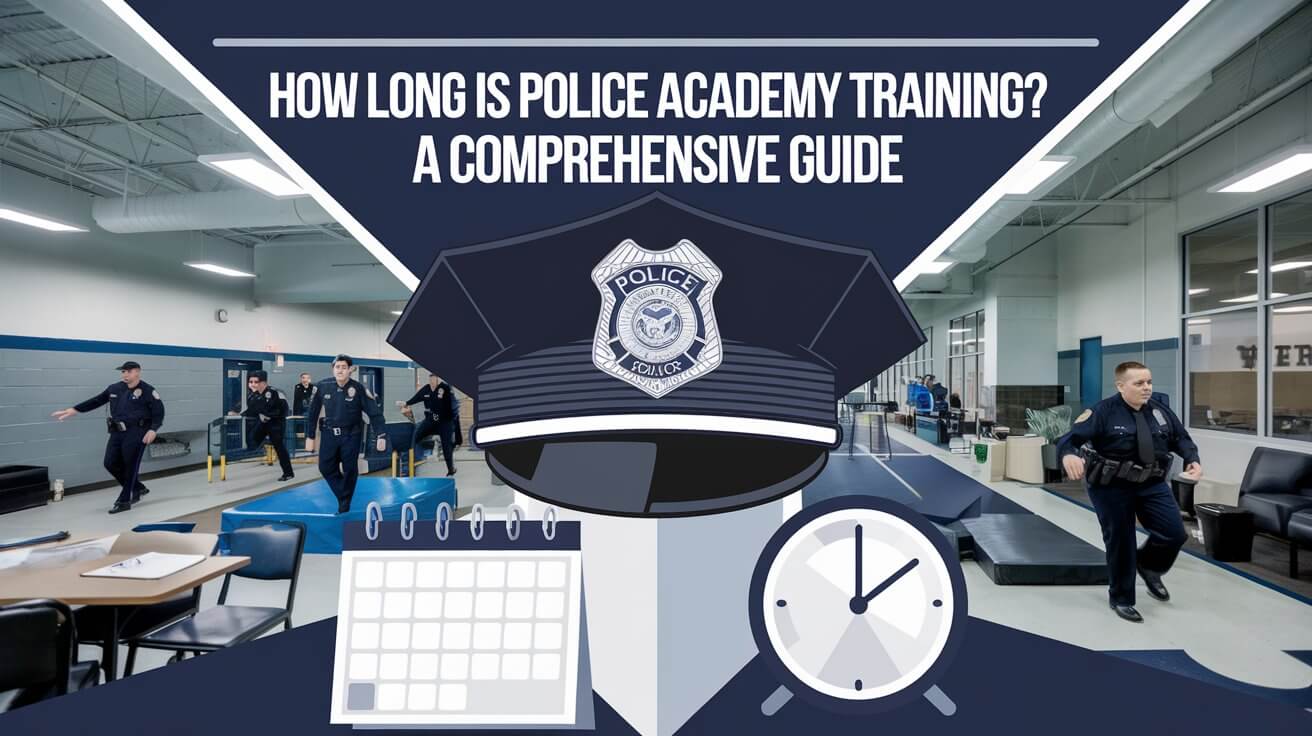
Police academy training is a crucial step for anyone aspiring to become a law enforcement officer. The length of police academy training varies widely, typically ranging from 3 to 6 months, but can extend up to 12 months in some locations. This comprehensive guide explores the factors influencing training duration, regional differences, and what aspiring officers can expect during their academy experience.
What Is Police Academy Training?
Police academy training is the foundational education and preparation program for new law enforcement recruits. It’s designed to equip future officers with the knowledge, skills, and physical abilities needed to perform their duties effectively and safely.
During this intense training period, recruits learn about:
- Criminal law and procedures
- Firearms handling and safety
- Physical fitness and defensive tactics
- Emergency vehicle operations
- Community policing strategies
- Ethics and professional conduct
The goal? To transform civilians into competent, confident law enforcement professionals ready to serve and protect their communities.
Why Is Police Academy Training Important?
The importance of police academy training can’t be overstated. It’s the bedrock upon which effective law enforcement is built. Here’s why it matters:
- Public safety: Well-trained officers are better equipped to handle dangerous situations and protect citizens.
- Legal compliance: Training ensures officers understand and follow laws and procedures correctly.
- Professional standards: Academies instill a sense of ethics and professionalism in future officers.
- Officer safety: Proper training helps officers protect themselves in high-risk situations.
- Community relations: Training in communication and cultural awareness improves police-community interactions.
Average Length of Police Academy Training
So, how long is police academy training on average? While there’s no one-size-fits-all answer, most police academies in the United States last between 13 to 19 weeks. However, this can vary significantly based on location and agency type.
Here’s a quick breakdown:
- Shortest programs: Around 10 weeks
- Average programs: 13 to 19 weeks
- Longest programs: Up to 6 months or more
It’s important to note that these figures represent basic training only. Many agencies require additional field training after academy graduation.
Factors Affecting Police Academy Training Duration
Several factors influence how long police academy training lasts:
State Requirements
Each state sets its own minimum standards for police training. For example:
- Louisiana requires just 360 hours of basic training
- North Carolina mandates 903 hours over 22 weeks
These state-level differences account for much of the variation in training duration across the country.
Agency Type
The type of law enforcement agency also plays a role:
- Local police departments often have shorter academies
- State police and highway patrol academies tend to be longer, averaging around 1,074 hours
For instance, the California Highway Patrol (CHP) academy lasts 1,100 hours over 27 weeks, significantly longer than many local police academies.
Training Program Structure
The structure of the training program itself can affect its length:
- Full-time vs. part-time programs
- Inclusion of specialized training modules
- Amount of hands-on, practical training
Programs that include more extensive field training or specialized courses naturally take longer to complete.
Police Academy Training Length in Different U.S. States
Let’s look at how police academy training duration varies across different states:
- California: 664 hours (minimum)
- Florida: 770 hours
- New York: 699 hours
- Texas: 696 hours
- Illinois: 560 hours
Remember, these are minimum requirements. Many agencies exceed these hours in their training programs.
Police Academy Training Duration in Major Cities
Large metropolitan areas often have their own police academies with unique training requirements:
- New York Police Department (NYPD): 6 months
- Los Angeles Police Department (LAPD): 6 months
- Chicago Police Department: 6 months
- Houston Police Department: 6 months
- Philadelphia Police Department: 8 months
These city-specific academies often provide more comprehensive training tailored to urban policing challenges.
International Comparisons of Police Training Length
How does U.S. police training compare to other countries? Let’s take a look:
- Norway: 3 years
- Finland: 3 years
- Germany: 2.5 to 3 years
- Australia: 7 months to 3 years
- Japan: 6 to 12 months
Many countries, especially in Europe, require significantly longer training periods for their police officers. This has sparked debates about the adequacy of training duration in the United States.
Core Curriculum in Police Academies
Regardless of duration, most police academies cover similar core subjects:
- Criminal law and procedures
- Constitutional law and civil rights
- Patrol procedures and techniques
- Emergency vehicle operations
- Firearms training and weapons safety
- Physical fitness and defensive tactics
- First aid and emergency response
- Report writing and communication skills
- Ethics and professional conduct
- Community policing strategies
The depth and breadth of coverage for each topic can vary based on the academy’s length and focus.
Physical Training and Fitness Requirements
Physical fitness is a crucial component of police academy training. Recruits must meet rigorous fitness standards, which typically include:
- Running: 1.5-mile run in a specified time
- Push-ups: A minimum number in one minute
- Sit-ups: A minimum number in one minute
- Obstacle courses
- Strength tests
These physical requirements ensure officers can handle the physical demands of the job. Training durations may be extended for recruits who need additional time to meet these standards.
Classroom Instruction and Academic Coursework
While physical training is important, a significant portion of police academy time is spent in the classroom. Academic subjects include:
- Criminal justice system overview
- Constitutional law and legal procedures
- Criminal investigation techniques
- Crisis intervention and conflict resolution
- Cultural diversity and sensitivity training
- Psychology and human behavior
The balance between classroom and practical training varies by academy, influencing overall program length.
Practical Skills and Scenario-Based Training
Hands-on, practical training is essential for preparing recruits for real-world policing. This includes:
- Firearms training and qualifications
- Defensive tactics and use of force scenarios
- Traffic stop simulations
- Domestic violence response training
- Active shooter drills
- De-escalation techniques practice
These scenario-based training sessions often require significant time and resources, contributing to longer academy durations in some cases.
Full-Time vs. Part-Time Academy Programs
Police academies may offer full-time or part-time training options:
- Full-time programs: Typically 4-6 months of intensive, daily training
- Part-time programs: Can last up to 12 months, with training sessions on evenings and weekends
Part-time programs allow recruits to maintain other jobs or responsibilities while training, but they extend the overall duration of the academy experience.
Pre-Service vs. In-Service Training
Another factor affecting training duration is whether recruits are pre-service or in-service:
- Pre-service training: For individuals not yet hired by a police department
- In-service training: For recruits already employed by a law enforcement agency
In-service training may be shorter, as recruits often have some prior experience or knowledge of law enforcement practices.
Specialized Training for Different Law Enforcement Roles
Some police academies offer specialized training for specific roles, which can extend the training duration:
- Detective training
- K-9 unit training
- SWAT team preparation
- Cybercrime investigation
- Hostage negotiation
These specialized programs often come after basic training, adding weeks or months to the overall training period.
Historical Changes in Training Duration
Police academy training has evolved significantly over time:
- Early 20th century: Little to no formal training
- Mid-20th century: Introduction of standardized academies, typically lasting a few weeks
- Late 20th century: Expansion to several months of training
- 21st century: Trend towards longer, more comprehensive programs
This evolution reflects changing societal expectations and the increasing complexity of modern policing.
Recent Trends in Extending Police Academy Training
In recent years, there’s been a push to extend police academy training in many jurisdictions:
- Calls for more extensive de-escalation training
- Increased focus on community relations and cultural sensitivity
- Addition of mental health crisis response training
- Enhanced technology and cybercrime education
These additions aim to better prepare officers for the challenges of contemporary law enforcement.
Police Training vs. Other First Responder Training
How does police academy training compare to other first responder professions?
- Firefighters: 12-14 weeks on average
- Emergency Medical Technicians (EMTs): 120-150 hours (3-4 weeks full-time)
- Paramedics: 1,200-1,800 hours (6-12 months)
While police training is generally longer than firefighter and EMT training, it’s often shorter than paramedic training.
Law Enforcement Education Compared to Other Careers
It’s interesting to compare police training duration to other professions:
- Cosmetologists: 1,500-2,000 hours (9-15 months)
- Lawyers: 3 years of law school after a 4-year bachelor’s degree
- Teachers: 4-year bachelor’s degree plus certification requirements
- Doctors: 4 years of medical school plus 3-7 years of residency
This comparison has led to debates about whether police training should be extended or require more formal education.
Arguments for Longer Training Periods
Advocates for longer police academy training argue that:
- More time allows for better skill development
- Extended training can improve decision-making in high-stress situations
- Longer programs provide more opportunity for scenario-based learning
- Additional time can be used for enhanced community relations training
- Expanded training could reduce instances of excessive force
These arguments suggest that longer training periods could lead to more effective and community-oriented policing.
Challenges in Extending Police Academy Training
However, extending police academy training faces several challenges:
- Increased costs for police departments and recruits
- Potential reduction in the number of new officers trained each year
- Difficulty in recruiting candidates for longer, unpaid training periods
- Balancing classroom learning with practical, hands-on experience
- Ensuring that extended training translates to improved on-the-job performance
Policymakers and law enforcement leaders must weigh these factors when considering changes to academy duration.
Field Training Officer (FTO) Programs
After graduating from the academy, most new officers enter a Field Training Officer (FTO) program:
- Duration: Typically 12-14 weeks
- Purpose: To apply academy learning in real-world situations under supervision
- Structure: New officers work with experienced FTOs, gradually taking on more responsibility
This post-academy training effectively extends the overall training period for new officers.
Ongoing Professional Development for Police Officers
Police training doesn’t end with the academy. Officers engage in ongoing professional development throughout their careers:
- Annual in-service training requirements
- Specialized course offerings
- Leadership and management training for advancing officers
- Continuing education on new laws, procedures, and technologies
This lifelong learning approach ensures officers stay up-to-date with best practices and emerging challenges in law enforcement.
Potential Changes in Training Length
Looking to the future, several factors may influence police academy training duration:
- Calls for police reform and enhanced accountability
- Advancements in law enforcement technology and techniques
- Changing societal expectations of police roles and responsibilities
- Research on the effectiveness of different training approaches
- Budget considerations and resource allocation
These factors may lead to either extended training periods or more efficient, targeted training programs.
Emerging Trends in Law Enforcement Education
Several trends are shaping the future of police training:
- Integration of virtual reality and simulation technologies
- Increased focus on emotional intelligence and interpersonal skills
- Emphasis on problem-solving and critical thinking abilities
- Greater collaboration with community organizations and social services
- Exploration of degree requirements for law enforcement careers
These trends may impact both the content and duration of police academy training in the coming years.
Conclusion
The question “How long is police academy training?” doesn’t have a simple answer. Training duration varies widely based on location, agency type, and program structure. While most U.S. police academies last between 13 to 19 weeks, there’s an ongoing debate about whether this is sufficient.
As law enforcement continues to evolve, so too will police academy training. The challenge lies in balancing the need for comprehensive education with the practical constraints of time and resources. Ultimately, the goal remains the same: to produce well-trained, ethical, and effective law enforcement officers ready to serve and protect their communities.
Whether training lasts for a few months or a few years, what matters most is the quality and relevance of the education provided. As society’s expectations of law enforcement continue to evolve, so too must the training that prepares our future officers for the challenges that lie ahead.


